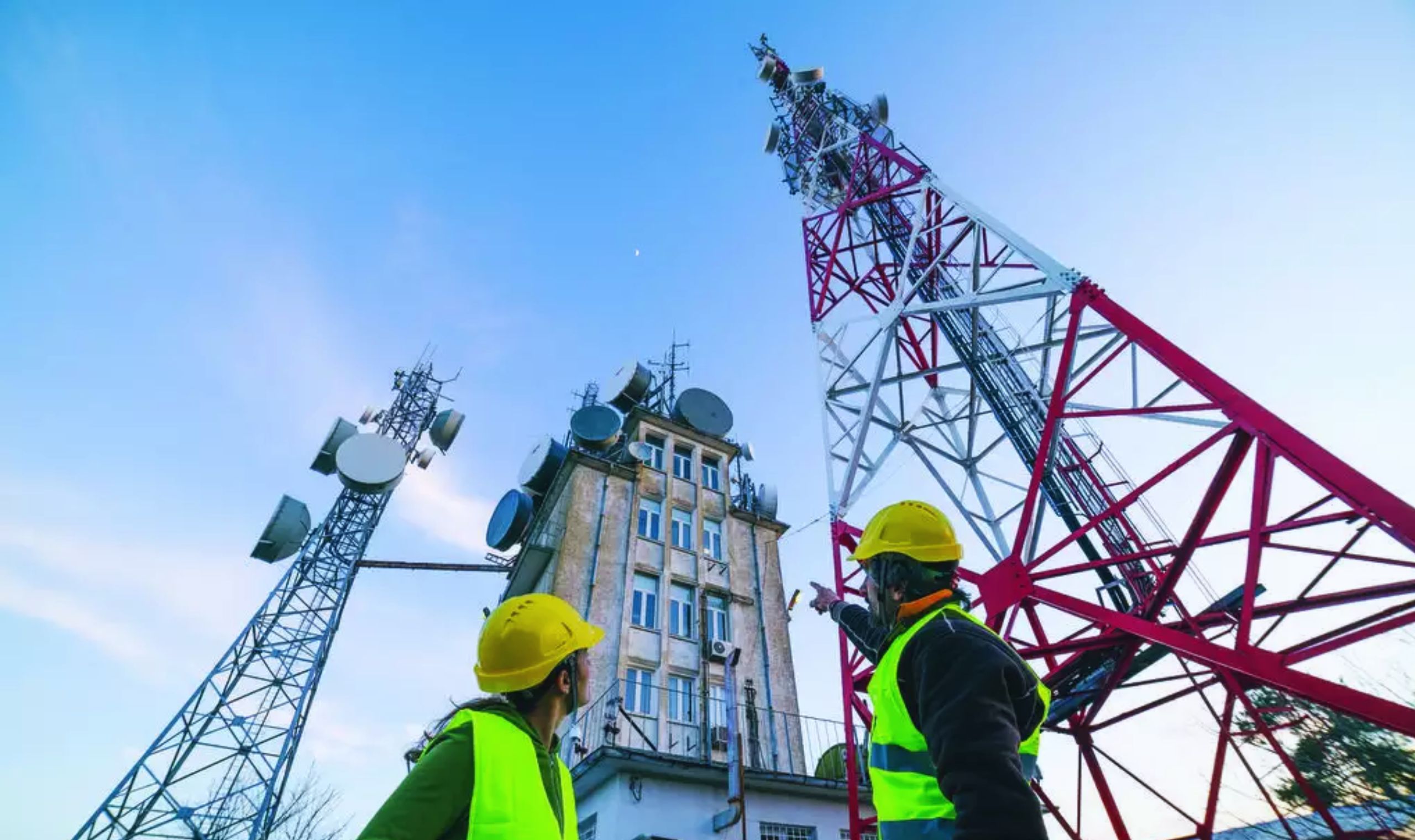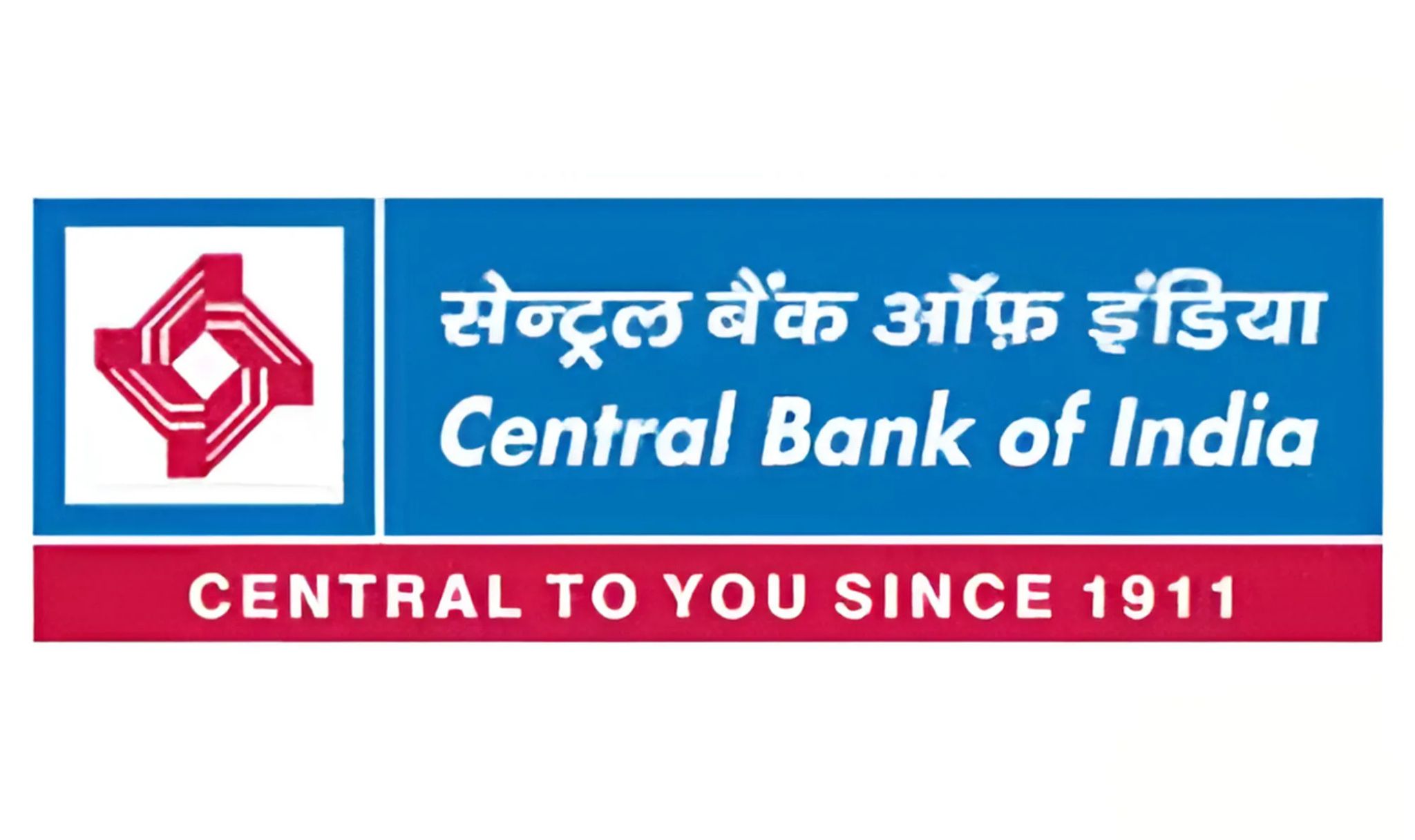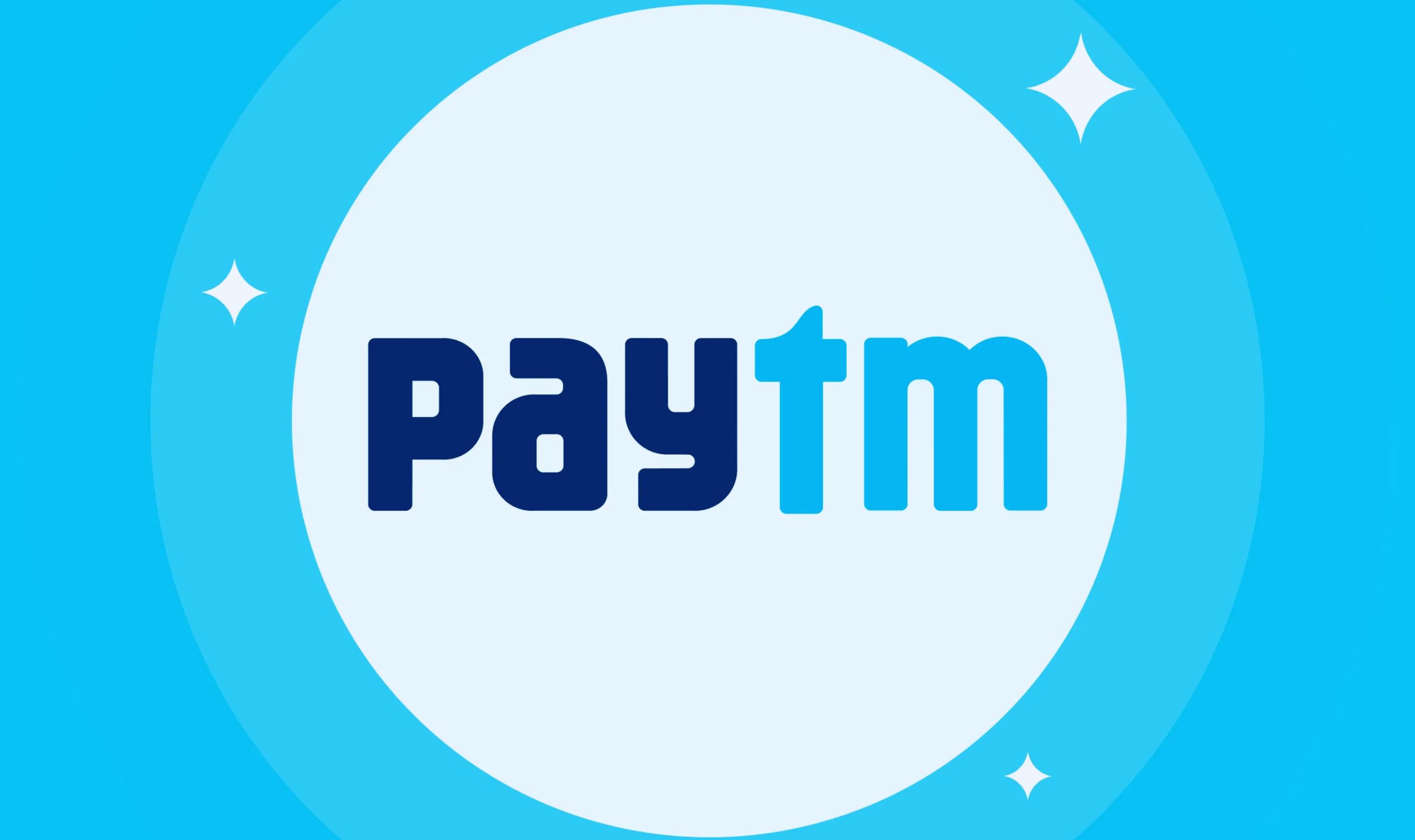Shares of Indus Towers shot up 5% on December 5, 2024, as the company witnessed a major event-the complete exit of Vodafone Group Plc from the entity. Vodafone sells the remaining 3% stake in Indus Towers for Rs 2,802 crore in a block deal. This will be the final leg of its phased exit from the telecom infrastructure company. The sale of 8 crore shares at an average price of Rs 354 per share is quite significant for the telecom sector, Vodafone’s financial strategy, and the future trajectory of Indus Towers.
We shall discuss the facts involved in Vodafone Group’s exit, reasons for exiting, the short-term impact on Indus Towers’ share prices, and their respective futures going ahead for Indus Towers and Vodafone in this blog.
The exit of Vodafone Group from Indus Towers: A Gradual Process
The idea to exit Indus Towers by Vodafone had been in the process for several years and is a result of the pressure of financial requirements and because of changes in the strategic operations. Indus Towers is one of India’s largest telecom tower companies, providing critical infrastructure for telecom companies across the country. Vodafone, which was a major shareholder, started selling its stake gradually, and this transaction completed its phased exit on December 5.
Block Deal: What happened on December 5?
Vodafone Group Plc offloaded a 3% stake in Indus Towers in a block deal worth Rs 2,802 crore. This deal saw 8 crore shares being sold at an average price of Rs 354 per share. Completion of the deal saw Indus Towers stock price up by 5% in a show of investor optimism and market response to reduced overhang of Vodafone’s stake. At 09:17 am on December 5, shares of Indus Towers were trading at Rs 365.40, above the previous day’s close.
Interestingly, it was not immediately disclosed who the buyers in the block deal were. This sale was indeed a part of Vodafone Group’s endeavour to rationalize its commitment to finances and to get out of non-core assets in India. The sale of a 3% share follows a sharp decline in Vodafone’s holding in the last year.
Vodafone Group Reasons for the Exit
Several key factors can be pointed out for Vodafone’s stake sale in Indus Towers. The primary reason for exiting is financial pressure from lenders, who had advanced loans to Vodafone, tied especially to the Indian assets. These loans were made to fund the rights issue of Vodafone Idea, which would otherwise be a fresh issuance of equity. Vodafone was also getting a lot of pressure from banks like BNP Paribas, HSBC, and Bank of America to repay these loans, and therefore it decided to dispose of the holding in Indus Towers.
Another reason behind the exit was the larger strategy of Vodafone Group to focus on its core activities and lower the financial exposure in India. The company has for the last several years been eyeing the streamlining of its asset portfolio and reducing its stake in Indus Towers marked an important step in doing that.
The Previous Stake Sales and Their Impact
Vodafone’s exit from Indus Towers has been a multi-step process. In June 2024, Vodafone sold an 18% stake in Indus Towers, which raised approximately Rs 15,300 crore. The proceeds from this sale were largely used to repay Vodafone’s existing lenders and settle some of its outstanding debt. After that, Vodafone’s stake in Indus Towers was reduced to 3%, setting the stage for the final transaction in December.
These earlier stake sales reduced Vodafone’s exposure to Indus Towers and significantly affected the market as well. The first sale in June 2024 was a huge step and helped eliminate uncertainty over the Vodafone stake in the company. The recent 3% stake sale was the last piece of this puzzle, and Vodafone has finally been able to fully exit its position in the telecom infrastructure firm.
Impact of Block Deal on Stock Price of Indus Towers:
Indus Towers saw a positive reaction right away with the block deal on December 5. The 5% jump in the stock price indicates the relief in the market due to the reduction in the overhang of Vodafone’s stake. Investors were worried about the uncertainty of Vodafone’s divestment process, and this completion is likely to boost the confidence of investors about the company’s future.
As of the morning of December 5, shares of Indus Towers were trading at Rs 365.40, up from the previous day’s close of Rs 348.50. This price increase is indicative of the market’s positive outlook, with analysts and investors viewing the transaction as a favourable development for the company. The strong performance of the stock is also a reflection of Indus Towers’ continued growth and stability in the telecom infrastructure sector.
In the last year, the stock has risen by more than 95% and has taken the market capitalization of the company to over Rs 96,000 crore. This fantastic growth implies that Indus Towers is well-placed to reap the benefits offered by the emerging telecom sector in India.
What Does the Exit Mean for Indus Towers Going Forward?
With Vodafone’s exit now complete, what does the future hold for Indus Towers? Several factors suggest that growth will continue.
1. Strategic Partnership with Bharti Airtel
Bharti Airtel is the other major shareholder with a 50% holding in Indus Towers. Airtel has been an integral part of the telecom infrastructure industry, and its association with Indus Towers continues to add stability and growth prospects for the company. Airtel’s shareholding in Indus Towers also gives the company a strong standing in India’s telecom infrastructure sector, as demand for telecom services, including data, continues to grow.
2. Growing Demand for Telecom Infrastructure
With growth in India’s telecom sector, there will be a greater requirement for solid telecom infrastructure. Increased mobile data usage, 5G technology rollout, and expanding rural connectivity requirements have put Indus Towers in an advantageous position, benefiting from growing demand for telecom towers. The company has more than 1.5 lakh towers spread across India, offering vital infrastructure to the country’s leading telecom operators-Airtel, Vodafone Idea, and Reliance Jio.
The government’s initiatives for digital connectivity, coupled with the growing demand for data services, are sure to see the telecom infrastructure sector grow even further. Indus Towers, with its vast network of towers, will be one of the primary beneficiaries of this demand.
3. Diversification and Expansion Opportunities
Indus Towers has already shown its flexibility in the face of market changes. The company is persistently looking for opportunities for diversification, including infrastructure for newer technologies such as 5G, small cells, and FTTH networks. This would open up new revenue streams for them. Again, the means of gaining a competitive advantage in such a changing scenario will be very apt.
Nevertheless, Indus Towers’ growth prospects will be extended beyond India, as telecom infrastructure growth continues to rise in other emerging markets. As demand for telecom towers expands globally, Indus Towers can look beyond its borders for opportunities to grow a presence in other countries and provide yet another avenue for diversified revenue.
4. Buy Recommendation by Citi and Future Growth Possibilities
International brokerage firm Citi has maintained a “buy” rating on Indus Towers’ stock, with a target price of Rs 458. The firm believes that the company’s strong market position is coupled with the generation of steady cash flows and makes it an attractive investment in the telecom infrastructure space. It also pointed out residual funds from Vodafone’s exit that will lead to further payouts to shareholders, possibly increasing the company’s dividend distribution.
Analysts foresee annual dividends at Rs 11-12 per share for H2 FY25, with the amount more than Rs 20 per share in FY26 and FY27. The likely dividend payout growth would make Indus Towers a highly attractive stock for income-oriented investors.
Conclusion
For the companies involved, completing Vodafone Group’s exit from Indus Towers with the sale of its remaining 3% stake marks an important milestone. For Indus Towers, this marks the end of a period of uncertainty as far as ownership by Vodafone was concerned and sets the way open for a future of stable growth. With Bharti Airtel retaining 50% of the stake in the company, Indus Towers stands well-placed to gain from the growing market of telecom infrastructure in India.
Its continued efforts to diversify its revenue streams and strong market position will allow Indus Towers to continue to be one of the significant players in India’s telecom infrastructure space. Projected growth with higher dividend payouts by analysts in the future suggests that Indus Towers may remain an attractive investment for growth and income investors alike.
With its overall strategic partnerships and an increase in market presence along with diversification efforts, Indus Towers will be at the centre of India’s digital revolution in connectivity.















0 Comments